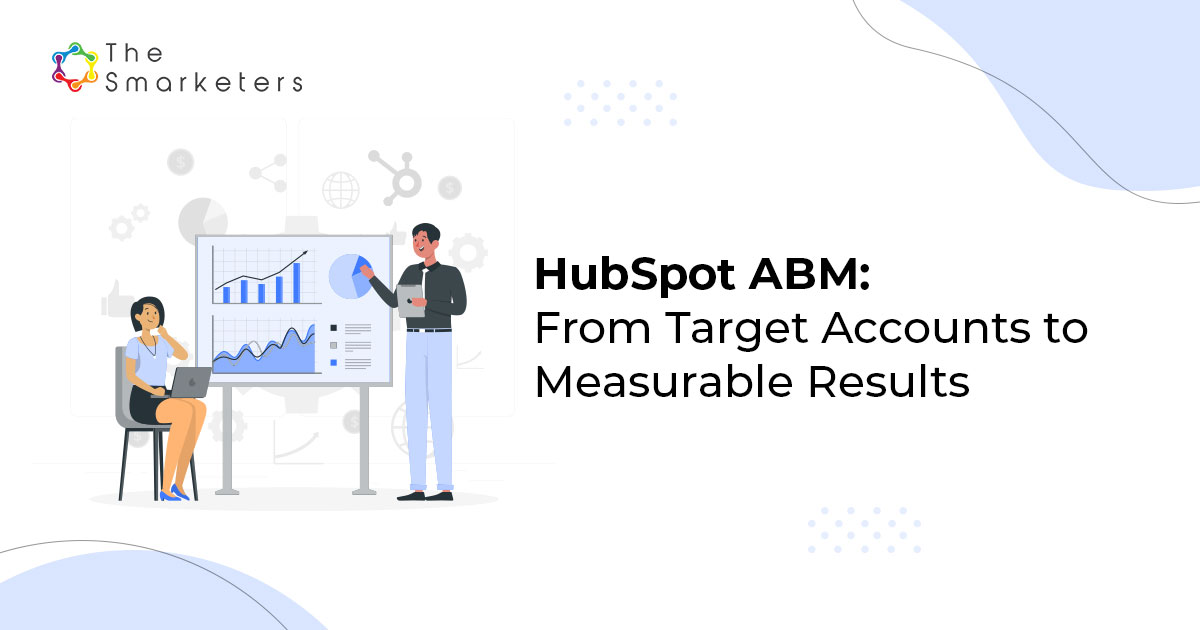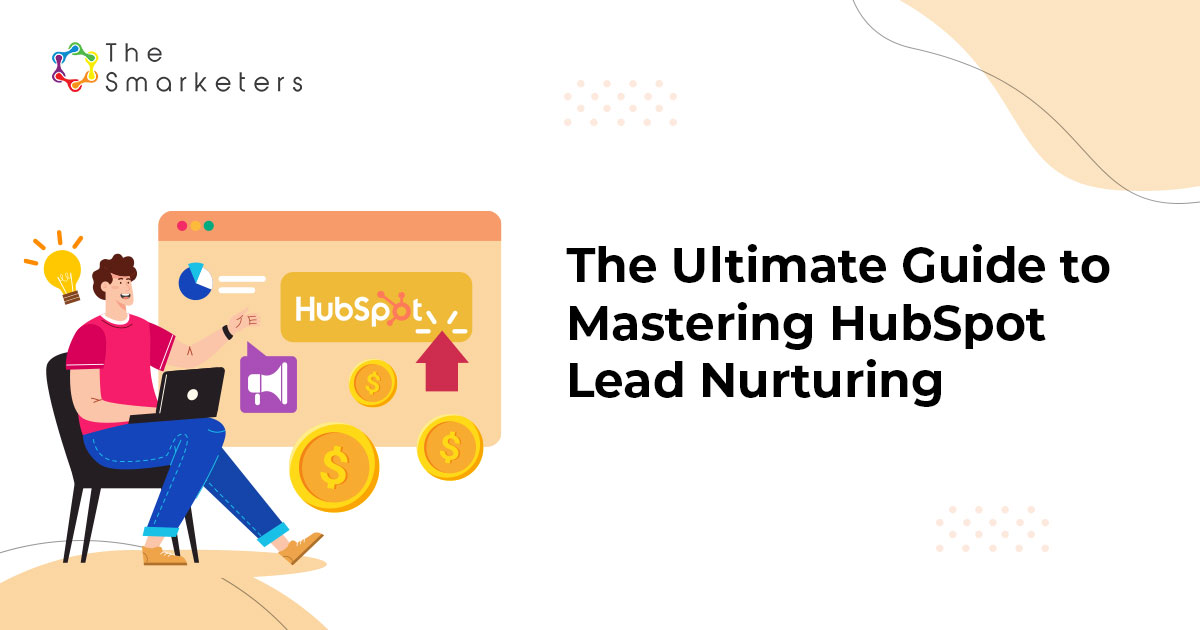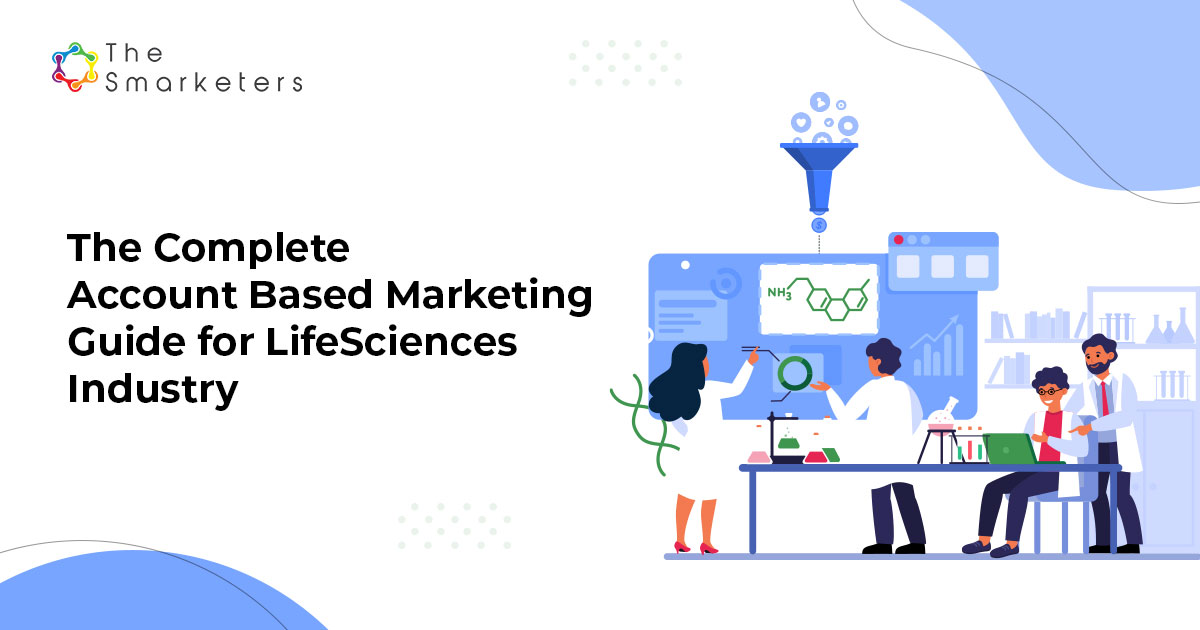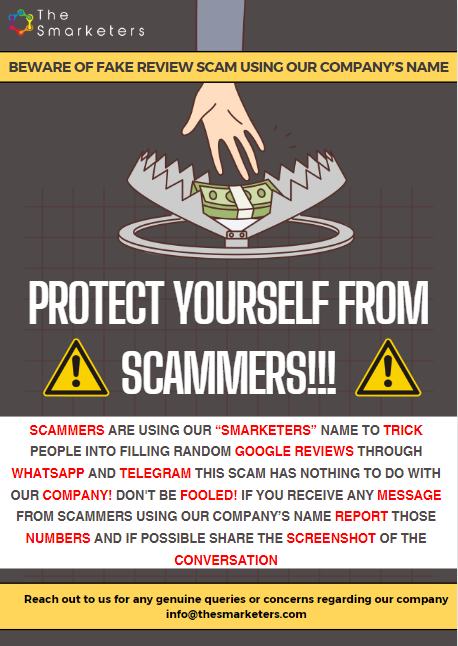Introduction
Harnessing the power of marketing is crucial for manufacturers looking to stay competitive in today’s fast-paced business landscape. However, many manufacturers struggle with implementing effective B2B marketing strategies that drive revenue growth and establish a strong brand presence. In this blog post, we will delve into 10 powerful marketing strategies specifically tailored for manufacturers, providing actionable insights and real-world use cases to help you achieve your goals. Whether you’re seeking to generate leads, boost revenue, or enhance your brand image, these strategies will empower you to take your manufacturing business to new heights. So let’s dive in and discover the untapped potential of B2B marketing for manufacturing!
The Manufacturing Industry’s Marketing Problem
Marketing has always been a key driver of growth and success in the business world. However, the manufacturing industry has often faced unique challenges when it comes to marketing their products and services effectively.
One of the main problems is that many manufacturers struggle with finding the right balance between reaching out to potential customers and maintaining strong relationships with existing ones. This can result in missed opportunities for lead generation and revenue growth.
Another issue is that manufacturing companies often find it difficult to differentiate themselves from their competitors. With so many players in the market offering similar products, standing out can be a real challenge. Without a clear brand identity or value proposition, manufacturers may struggle to attract new customers or retain existing ones.
Additionally, traditional marketing methods such as print advertising or trade shows have become less effective in today’s digital age. Manufacturers need to adapt their strategies to include online marketing channels like search engine optimization (SEO), social media marketing, content creation, and email campaigns.
Furthermore, many manufacturers lack the necessary expertise or resources to implement effective B2B marketing strategies. They may not have dedicated marketing teams or budgets allocated specifically for marketing initiatives.
To overcome these challenges and drive revenue growth, manufacturers must embrace innovative B2B marketing strategies tailored specifically for their industry. By leveraging technology and data-driven insights, they can identify target markets more effectively and create personalized messaging that resonates with potential customers.
Manufacturers should also focus on building strong brand identities by highlighting their unique value propositions through storytelling techniques. This will help them stand out from competitors by creating emotional connections with customers based on shared values and aspirations.
In addition, demand generation tactics such as creating educational content like whitepapers or webinars can establish thought leadership within the industry while capturing leads at various stages of the buying journey.
By implementing these strategies along with others like optimizing websites for lead capture forms or investing in paid advertising campaigns targeting specific industries or regions, manufacturers can position themselves for long-term success in a competitive marketplace.
10 B2B Marketing Strategies for Manufacturers
Manufacturers often face unique challenges when it comes to B2B marketing. With a complex sales process and the need to build strong relationships with buyers, manufacturers must implement effective strategies that can drive revenue growth. Here are 10 B2B marketing strategies specifically tailored for manufacturers:
1. Define your target audience: Understanding your ideal customers is crucial for crafting targeted marketing messages and campaigns.
2. Build a strong brand: Establishing a compelling brand identity helps differentiate your company from competitors and builds trust in the market.
3. Invest in content marketing: Creating valuable content such as blog posts, videos, and whitepapers positions your company as an industry thought leader and attracts potential customers.
4. Embrace digital marketing: Utilize online channels like social media, search engine optimization (SEO), pay-per-click advertising (PPC), and email marketing to reach a wider audience.
5. Optimize website usability: Ensure that your website is user-friendly, mobile-responsive, and optimized for search engines to improve visibility and attract more leads.
6. Leverage customer testimonials: Positive reviews from satisfied customers can significantly influence buying decisions of other businesses looking for manufacturing solutions.
7. Participate in events: Attending industry-specific trade shows provides an opportunity to showcase products/services directly to potential clients while networking with key decision-makers.
8. Implement lead nurturing campaigns: Develop automated workflows using email marketing software to nurture leads over time by providing relevant information at each stage of the buyer’s journey.
9. Collaborate with influencers or industry experts: Partnering with influential individuals or organizations can help increase brand awareness among target audiences within the manufacturing sector.
10 . Monitor analytics & optimize performance: Regularly track key metrics such as website traffic, conversion rates, engagement levels, etc., analyze data trends ,and make necessary adjustments based on insights gained.
Use cases for Manufacturers
1. Lead Generation: B2B manufacturers can use marketing strategies to generate high-quality leads and expand their customer base. By utilizing tactics such as targeted content marketing, search engine optimization (SEO), and social media advertising, manufacturers can attract potential clients who are actively seeking their products or services.
2. Branding: Building a strong brand image is crucial for manufacturers to differentiate themselves from competitors in the market. Through effective branding strategies like creating a compelling company story, designing a visually appealing logo and website, and consistently delivering quality products, manufacturers can establish trust and credibility with customers.
3. Demand Generation: Manufacturers can leverage marketing techniques like email campaigns, webinars, and industry events to generate demand for their products or services. By showcasing their expertise through thought leadership content and engaging with potential buyers at various touchpoints along the sales funnel, manufacturers can increase awareness and interest in what they offer.
4. Content Marketing: Creating informative blog posts, white papers, case studies, videos, or podcasts specific to the manufacturing industry allows companies to showcase their knowledge while providing value to potential customers. This establishes them as experts in their field and helps build credibility among target audiences.
5. Social Media Engagement: Actively participating on social media platforms enables manufacturers to engage directly with customers by sharing updates about new product launches or innovations within the industry. It also offers an opportunity for two-way communication where businesses can receive feedback from customers while building brand loyalty.
6. Customer Retention: Marketing efforts should not only focus on acquiring new leads but also nurturing existing relationships with customers through personalized communication channels like email newsletters or exclusive promotions targeting repeat buyers.
7. Product Education: Providing detailed information about product features and benefits via instructional videos or user guides helps prospective buyers understand how a manufacturer’s offerings solve specific pain points within their industry.
8. Partnership Opportunities: Collaborating with complementary businesses in the supply chain allows manufacturers to tap into new markets and gain access to a broader customer base. Through joint marketing initiatives
Conclusion
In today’s competitive manufacturing industry, it is crucial for businesses to implement effective marketing strategies that drive revenue growth. By embracing B2B marketing tactics and focusing on lead generation, branding, and demand generation, manufacturers can position themselves for success in the market.
With the right approach to marketing, manufacturers can establish their brand as a leader in the industry, generate high-quality leads that convert into sales, and ultimately drive revenue growth. By implementing these 10 strategies outlined above – from creating valuable content and optimizing websites for search engines to leveraging social media platforms and investing in digital advertising – manufacturers can gain a competitive edge in an increasingly crowded marketplace.
Remember, successful marketing requires continuous effort and adaptation. It’s important to regularly analyze data, measure results, and refine strategies accordingly. By staying up-to-date with industry trends and customer preferences while utilizing innovative technology solutions like CRM systems or automation tools where appropriate – manufacturers can consistently improve their marketing efforts over time.
So if you’re a manufacturer looking to boost your revenue growth through effective marketing techniques, don’t hesitate to implement these strategies. Start by assessing your current marketing activities against these best practices outlined here; identify areas for improvement; then take action! With dedication and perseverance coupled with smart decision-making driven by data-driven insights – success will be within reach!
Stay ahead of the competition by making B2B Marketing a priority within your organization today! Contact our B2B marketing experts to know more. Download our ABM toolkit that will help you understand how to build Ideal customer profile, build a content bank, build target account list, and more.











